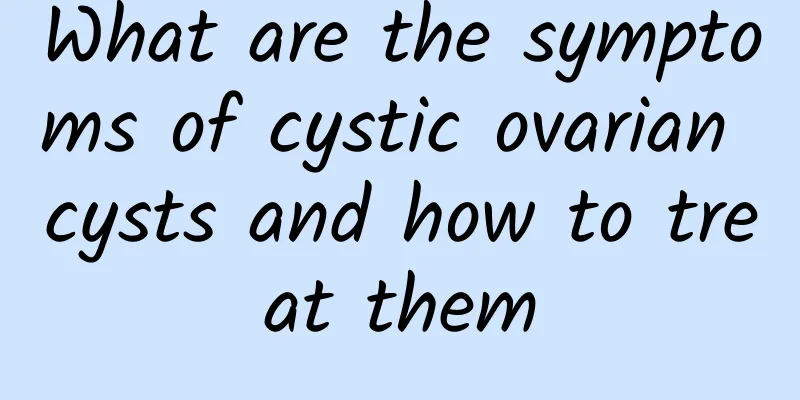Which pelvic peritonitis is benign?

|
The main symptoms of acute pelvic peritonitis are lower abdominal pain, fever, increased vaginal discharge, and persistent abdominal pain that worsens after activity or sexual intercourse. If the condition is severe, there may be chills, high fever, headache, and loss of appetite. Patients who develop the disease during menstruation may experience increased menstrual flow and prolonged menstruation. If pelvic peritonitis wraps around to form a pelvic abscess, it may cause local compression symptoms. Compression of the bladder may cause frequent urination, painful urination, and dysuria; compression of the rectum may cause rectal symptoms such as tenesmus. Further development of acute pelvic peritonitis may cause diffuse peritonitis, sepsis, and septic shock, and severe cases may be life-threatening. Chronic pelvic peritonitis is caused by the failure to completely treat acute pelvic peritonitis or the poor physical condition of the patient, resulting in a prolonged course of the disease. The main symptoms are lower abdominal distension, pain and soreness at the bottom of the waist, which are often aggravated after fatigue, sexual intercourse and before and after menstruation. The second is abnormal menstruation. Some women may experience neurasthenia symptoms such as lack of energy, general discomfort, and insomnia when the disease lasts for a long time. It often does not heal for a long time and recurs repeatedly, leading to infertility and tubal pregnancy, seriously affecting women's health and increasing the family and social economic burden. Prevention of pelvic peritonitis First, do a good job of hygiene during menstruation, pregnancy, and puerperium. During menstruation, early pregnancy, and puerperium, when lochia is not clean and the uterus has not returned to normal, pay attention to vulva cleanliness and do not have sex. Secondly, pay attention to contraception and reduce the chances of uterine cavity operations such as abortion and induced labor to reduce the possibility of infection. Three days before abortion and induced labor, and after abortion and induced labor, when vaginal bleeding is not clean, do not have sex. And pay attention to sexual hygiene to reduce sexually transmitted diseases. When there is vaginitis, both men and women should be treated at the same time, and they can have sex only after they are cured. Finally, pay attention to personal hygiene, exercise, strengthen physical fitness, and cure acute pelvic peritonitis in a timely and thorough manner to prevent it from turning into chronic pelvic peritonitis. |
<<: Cost of conservative treatment for hyperprolactinemia
>>: What are the TCM classifications of pelvic peritonitis?
Recommend
Department of Health announces different nutritional intake priorities based on age
The Food and Drug Administration of the Departmen...
How to treat Bartholin's gland cyst
Bartholin's gland cyst is usually caused by b...
A careful examination is necessary before painless abortion
A detailed examination is necessary before a pain...
What causes leukoplakia?
What are the causes of vulvar leukoplakia? Vulvar...
How can I regulate my irregular menstruation? Does delayed menstruation mean irregular menstruation?
How to deal with irregular menstruation and delay...
What are the symptoms of vaginitis in women?
Female friends suffer from many diseases, vaginit...
The causes of functional uterine bleeding in adolescence.
Dysfunctional uterine bleeding may be anovulatory...
What causes polycystic ovaries?
What is the cause of polycystic ovarian changes? ...
What are the clinical features of vulvar leukoplakia?
Do you know what the clinical symptoms of vulvar ...
Can severe hyperprolactinemia be cured?
Can severe hyperprolactinemia be cured? Hyperprol...
What causes thick endometrium?
There are many reasons for thick endometrium, the...
What are the causes of uterine fibroids? Endocrine disorders can cause uterine fibroids
We have always believed that uterine fibroids are...
2 Dietary Recipes for Post-abortion
There are many effective treatments for patients ...
It is essential for burning fat and preventing cancer! 6 benefits of apple peel
The Western saying "an apple a day keeps the...
Amenorrhea may be caused by liver and kidney deficiency
Menstruation is a symbol of a woman's maturit...









